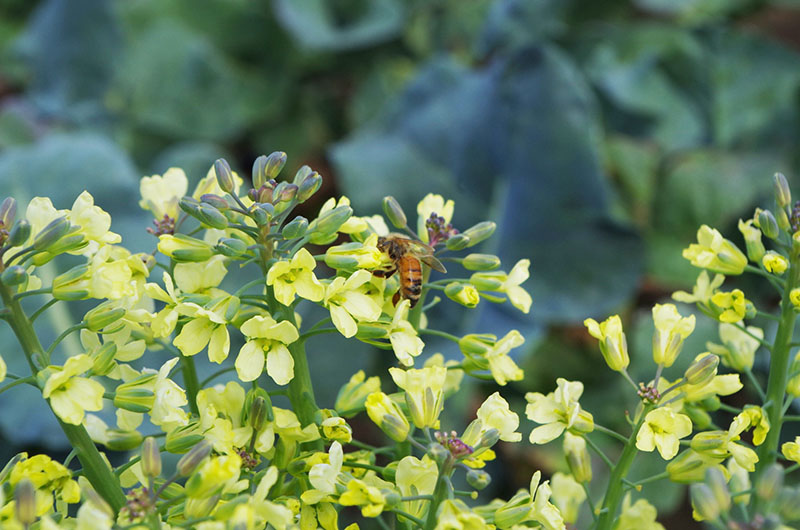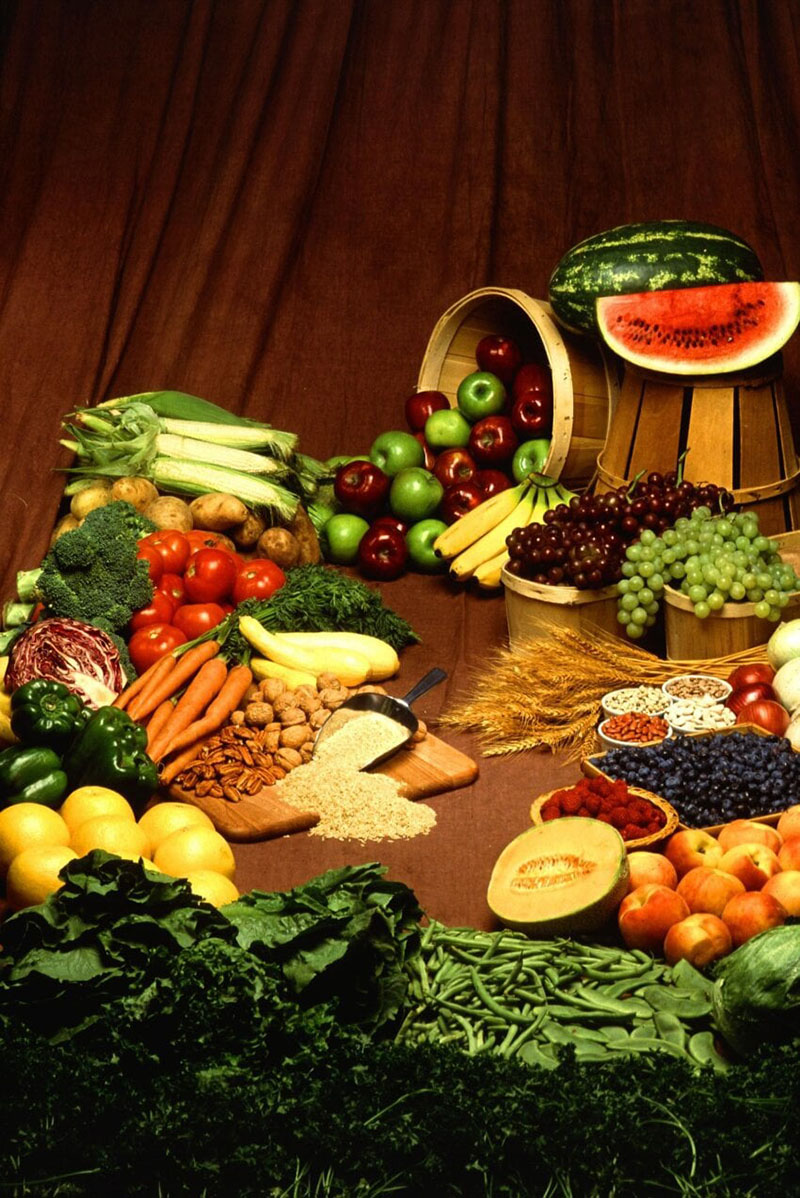https://masslandlords.net/?p=30604
| . Posted in News - 5 Comments
By Eric Weld, MassLandlords, Inc
No Mow May is a simple concept: don’t mow your lawn in May. No Mow May is an international campaign requesting that property owners refrain from mowing their lawns during the spring month.
Why No Mow May?
Because when you mow the lawns of your homes and rentals in May (in northern climates), it removes habitat and nutrients for bees and other pollinators that are emerging from underground winter homes. Dandelions, clovers and other natural weed growth are an essential early source of food and fuel for pollinators, and longer grass helps provide habitat.
Recommended for Mass. Municipalities
Appleton, Wis., was the first municipality in the U.S. to take up the cause, in 2020, following a movement initiated by Plantlife, a nonprofit organization in the United Kingdom. The city challenged property-owning residents to join the movement by suspending its weed ordinance, which restricts the height of grass and weeds to 8 inches on developed lots and 12 inches on undeveloped lots, for the month of May. Ann Arbor, Mich., followed suit this year by passing a resolution supporting the No Mow May initiative.
We at MassLandlords propose that Massachusetts communities follow the lead of these cities by adopting an altered version of the resolution passed in Ann Arbor, attached at the end of this article. This is a staff recommendation that has not yet been put to the Board of Directors or the membership.

Without bees such as this one pollinating broccoli plants, an estimated one third of the human diet -- a wide variety of vegetables, fruits and grains -- would be potentially depleted. Image: cc by-sa 4.0 wikimedia commons.
Why is it in our interest to provide food and habitat for pollinators, bees in particular?
Because bees, hummingbirds, bats and other pollinators carry pollen from plant to plant – many of which provide food for humans – assisting in the plant fertilization and reproductive process and supporting other animal species.
Wind and water also carry pollen, but without the pollinating work of bees and hummingbirds, the abundance of many fruits, vegetables and grains in the human diet would take a substantial hit. Some foods that depend on bee pollination include vegetables such as beans, sweet potatoes, onions, squash, lettuce, kale, cucumber, garlic and celery; and fruits such as apples, cherries, grapes, peaches, plums, pears and a variety of berries and melons.
Protecting One Third of Our Diet
No Mow May was launched by Plantlife to protect the habitat and spring food sources for pollinators, but also as a way to save water and reduce emissions from gas-powered landscaping equipment.
The initiative was taken up by Bee City USA, an organization that seeks to protect the 3,600 species of native bees in the United States. Bee City USA estimates that pollinators are responsible for about one third of the food and liquids humans consume, at a value of $18 to $28 billion annually.
The resolution adopted by Ann Arbor, and revised as a proposal for Massachusetts cities below, follows a suggested model by Bee City USA.

No Mow May is an initiative to protect early spring habitat and food sources for pollinators, such as bees, that help fertilize many fruits, vegetable and grain crops like these found in the produce department of most grocery stores. Image: cc by-sa 4.0 pixnio.
No Mow May Yields More Pollinators, Research Shows
In 2020, when Appleton, Wis., challenged residents to adopt No Mow May principles, the city partnered with researchers at local Lawrence University to measure impacts of the practice by comparing participants’ unmown lawns with those mowed regularly in nearby parks.
Their research concluded that No Mow May lawns – of more than 435 participants – hosted five times more bees than regularly mowed lawns, and were much richer with three times more bees species subsisting there. The number of city participants increased in May 2021.
A subsequent study, in Springfield, Mass., by the USDA Forest Service’s Northern Research Station, affirmed increases in bee abundance and diversity in herbicide-free suburban lawns that were mowed every other week instead of every week.
No Mow June? September?
No Mow May is about more than protecting and preserving pollinator habitats. Bee City USA emphasizes that the initiative also aims to reduce noise pollution from lawn mowers; decrease the compaction of soil from heavy lawn mowers’ wheels, facilitating stormwater infiltration and protecting lawns from drought; save property owners’ landscaping costs; and give them more leisure time.
In these regards, the goals of No Mow May – to mow grass less frequently – could be applied to any time of year. Mow less in June, for example, or stop the mowing season altogether in September.
Read this article on “no mow grass” if you’re interested in grass seed blends that thrive in the Northeast with less frequent mowing and maintenance.
Americans maintain some 40 million acres of lawn, the largest irrigated crop grown in this country, according to Bee City USA. Meanwhile, up to 40% of pollinators could be at risk of extinction due to habitat loss, widespread use of pesticides and climate change.
No Mow May (or June or August) is one step property owners can take to help protect pollinators and the diversity of foods in the human diet that they help reproduce.
Whereas, Pollinator populations are threatened due to habitat loss, neonicotinoid use, pathogens and parasites;
Whereas, Recent research suggests that bee pollinators make use of no mow spaces as key floral resources during early spring in the Northeast United States;
Whereas, Pollinators and floral resources have a positive relationship, where the increase in pollinators can increase the amount of flora and vice versa; and
Whereas, The City Council find it is in the public interest and consistent with adopted City policy for the City to demonstrate its commitment to a safe and healthy community environment through the implementation of initiatives that help increase the pollinator population;
RESOLVED, That City Council declare the month of May to be No Mow May, and encourage property owners to refrain from mowing the open spaces on their properties annually from May 1 through May 31 inclusive;
RESOLVED, That City Council encourage property owners to sustain contracts for exterior yard maintenance without withholding or reducing payment on account of No Mow May, instead redirecting May landscaping efforts to mulching, planting, and the creation of permanent pollinator habitat if possible;
RESOLVED, That the City Council encourage exterior yard maintenance professionals to develop skills and capabilities in native plant landscaping, zero emissions electric mowers and string trimmers, and advertising the benefits of No Mow May;
RESOLVED, That except as otherwise provided for in this resolution the Department of Inspectional Services shall not cite any property for an unkempt lawn or apparent overgrowth during No Mow May;
RESOLVED, That No Mow May shall not be construed to permit any decrease in public safety or accessibility on any sidewalk, road, public way, or private easement, nor to hinder the safe passage of an unaccompanied minor, person with a disability, or senior, nor to obscure from view of drivers any pedestrian, bicyclist or other motor vehicle;
RESOLVED, That public and private spaces used for active recreation, sports, and leisure, including but not limited to baseball fields, soccer fields, football fields, golf courses, frisbee fields and other such green spaces shall continue to be mowed at the discretion of those responsible for mowing;
RESOLVED, That the city social media accounts shall communicate the benefits of the reduced frequency of lawn mowing, particularly during the early spring growing season.
Would you support No Mow May? Email us at hello@masslandlords.net after reading the proposed ordinance above and let us know what you think.




